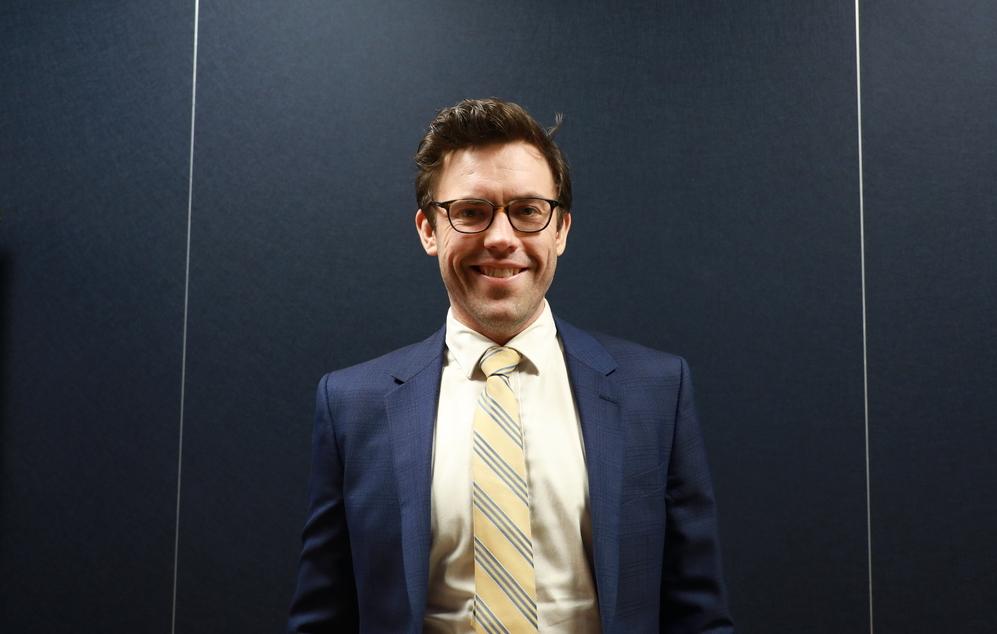A research expert says the controversial Confucius Institutes (CIs) located across Australia’s educational institutions should be shut down, citing the financial influence the Chinese Communist Party wields behind such classes and concerns of potential foreign influence.
Last month, the New South Wales Department of Education banned the program from being taught at the state’s public schools and the South Australian government is currently debating whether to cancel as well. Daniel Wild, the Director of Research at the Institute of Public Affairs, told The Epoch Times on Sept. 10 that the state of Victoria should take stronger action.





